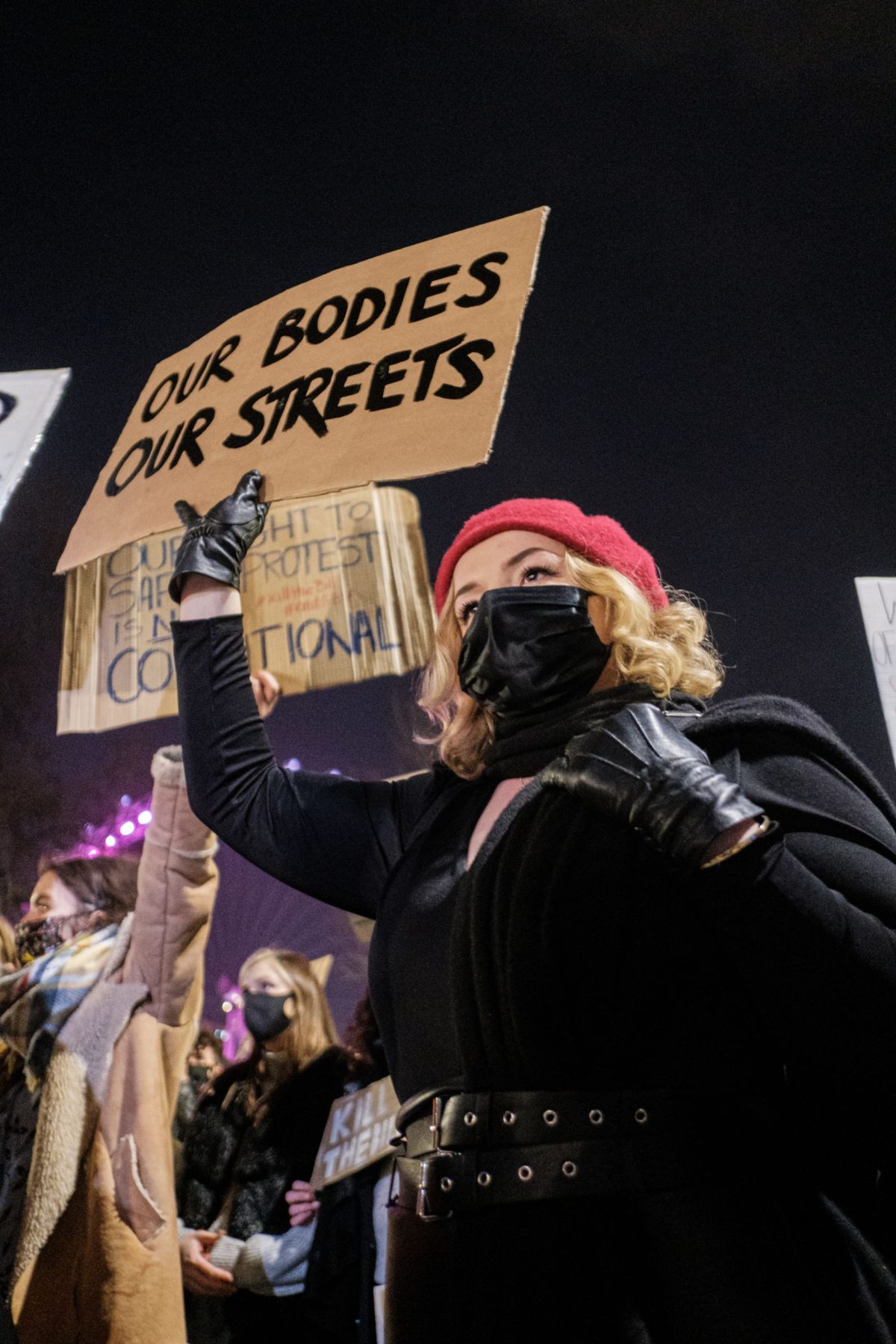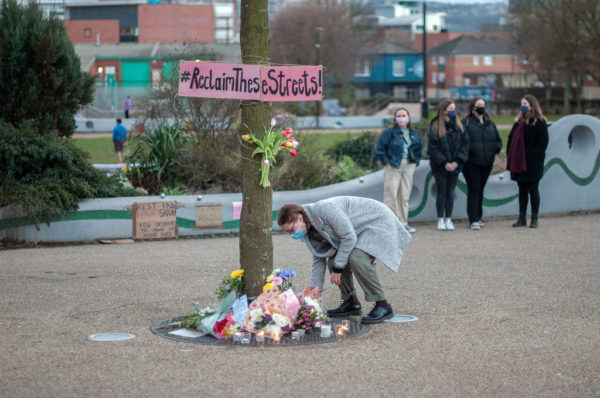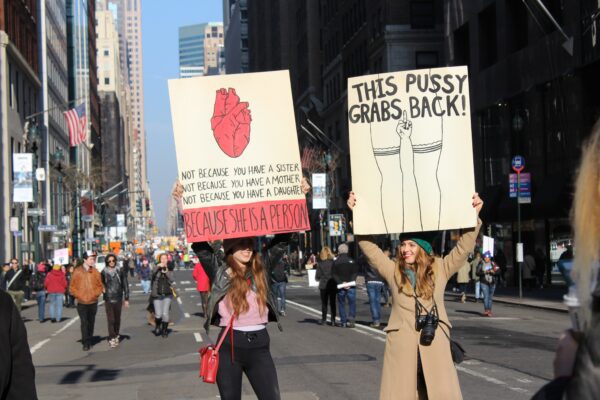The Origins and History of Reclaim the Night

As we prepare for the annual Reclaim the Night march in Manchester on March 22, now is a good time to take a look back on the campaign’s origins. With a 45 year history and roots close to home, the story of Reclaim the Night tells an inspiring narrative of resilience in the fight against sexual violence.
Origins

The origins of Reclaim the Night find themselves in the North of England, where the first march took place in Leeds on November 12 1977. Inspired by a first of its kind march against male violence in Brussels in 1976, the Leeds Revolutionary Feminist Group organised a similar event. The rest, as they say, is history.
Well, not quite. Reclaim the Night has a complex history, born out of the original march in Leeds on a night where around 150 women turned out to reclaim their streets. Protesters walked in part as a response to the Yorkshire Ripper murders of the late 1970s and the fact that the police were urging women to stay indoors at night. The issue was particularly prevalent in Leeds, the hotspot of Yorkshire Ripper serial killer Peter Sutcliffe who was found guilty of the murder of 13 women in 1981.
One of the 1977 organisers, Al Garthwaite, told the BBC: “That was partly what fuelled our anger and rage, that in effect there was a curfew on women but not on men”. This same anger can be felt today in 2022, where women are being advised to take precautions on nights out against spiking, rather than the crime of spiking being tackled.
Twelve other cities across the UK staged simultaneous protests in 1977, and returned stronger a year later. However, protests in London did turn sour in 1978, with 13 women clashing with police in Soho. In 1979, over 2000 people came out to the Soho protest, determined to show their solidarity with the cause.
The marches continued throughout the 1980s and into the early 1990s, when they stopped for the next decade. Garthwaite explained the quiet period for Reclaim the Night: “gradually the original activists started to get jobs and just had less time and there was also a general climate of repression as Thatcherism began to bite”.
Garthwaite went on to become a councillor for Leeds as part of the Labour Party and continues to work as a feminist and community activist.
Growth

The marches resumed in London in 2004, where 30 women protested in an event organised by the London Feminist Collective. The number soared to 1000 by the following year, and since the movement has been gaining steady support on both national and global levels.
2010 saw 2500 people marching in London. Seven years later, the Me Too Movement saw a huge boost to the annual march on the 25th of November 2017, with hundreds of women participating across multiple UK cities.
Despite its growth year-on-year, Reclaim the Night hasn’t always taken place as an annual event. For example, protests were held in Ipswich in 2006 in reaction to the Ipswich Serial Murders, where the same man killed five women in the space of three months. More recently, Reclaim the Night Leeds organised national vigils and a ‘Reclaim the Streets’ campaign in peaceful protest against the murder of Sarah Everard in March 2021. Despite police and court powers shutting down the vigils, the campaign has drawn vast media attention towards the lack of safety at night.
Global Influence

As the cause has expanded alongside progressive and intersectional feminism, it’s important to note that there’s a desire for safety against violence for everyone, rather than only those who identify as female. From a movement started by women amongst a climate of third-wave feminism, Reclaim the Night has reached a place of solidarity between all genders.
Reclaim the Night has a truly global history beyond its origins in Leeds, known internationally as ‘Take Back the Night’. Marches under this name take place annually in over 30 countries across the globe.
In addition, American women from the Take Back the Night marches came together in 2001 to create the Take Back the Night Foundation, a charity that seeks to offer worldwide support to victims of sexual violence. You can read more about their work at takebackthenight.org.
The global expansion has since seen a growth in the range of events surrounding the movement, including yoga festivals, virtual events and reclaiming the streets via bike. The organisation takes donations, so even if you can’t physically take part in Reclaim the Night there are alternative ways to offer solidarity.
This Month
The vision of Reclaim the Night remains both a global and local one, with the aim to ensure everyone is safe from sexual violence and feels secure walking home alone at night. On a community scale, the route in Manchester this month takes a two-mile walk from Fallowfield to the University of Manchester’s Student Union.

This March, take inspiration from those who have marched before and join one of the many Reclaim the Night protests across the country. The Manchester event on March 22 will culminate in speeches at the end of what promises to be a powerful and inspiring night for anybody who wishes to be a part of the stand against rape, sexual violence and the fear of our streets.







